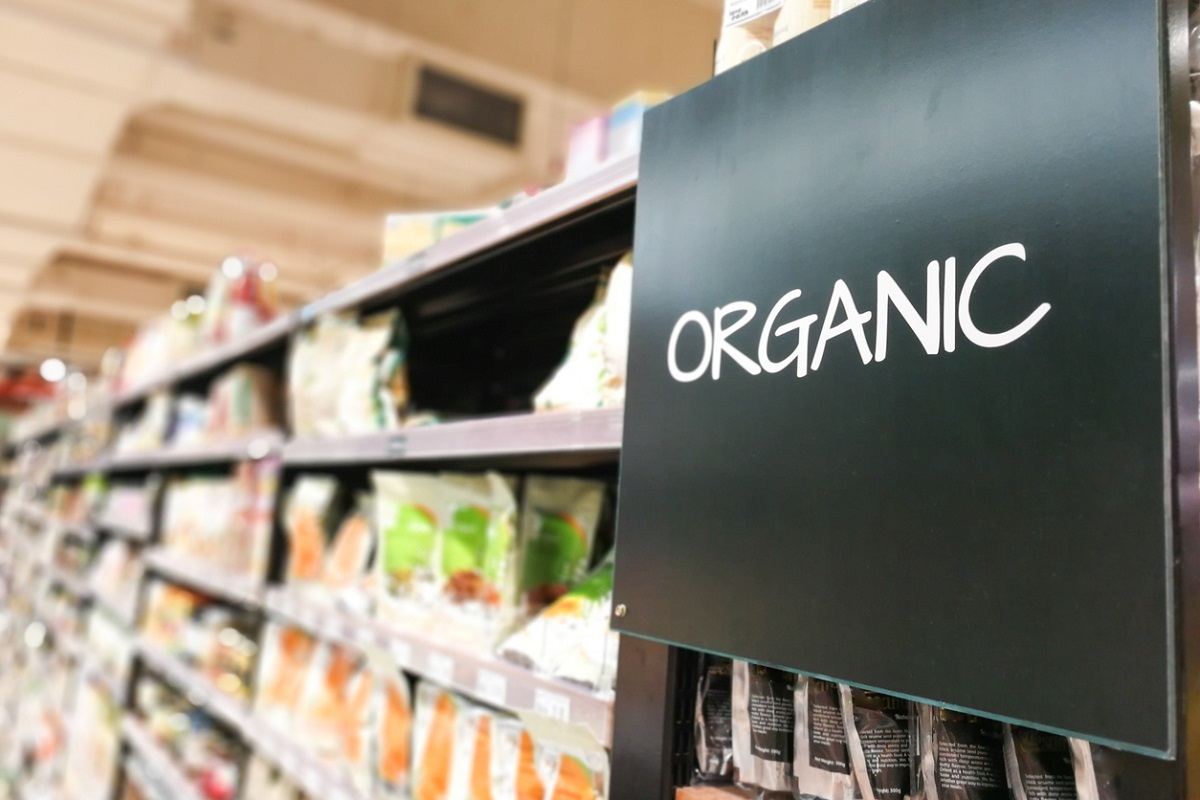Australia’s organic industry has welcomed the board base of support for the National Organic Standard Bill, which will redefine the term ‘organic’ and close a loophole which enabled some producers to label products ‘organic’ despite have only two per cent organic content.
The Senate Committee on Rural and Regional Affairs and Transport has been investigating and reassessing the merits on which the Bill stands. The Senate Inquiry was initially due to issue its report by the end of January but has been granted an extension until 11 February.
Jackie Brian, Chief Executive Officer of advocacy body Australian Organic Limited said that all organic producers should be required to follow the same set of rules.
“This would create a level playing field, which is a win for consumers who want truth in labelling and an endorsement of the robust process that certified organic producers go through,” he said.
“The National Organic Standard Bill is the best and easiest way to achieve this, and we welcome the support given to this simple and practical solution from across the political spectrum.
“We are confident the Senate Committee has heard a resounding ‘Yes’ to domestic regulation from the industry and we are hopeful it will be reflected in the report’s findings.”
Domestic regulations will help optimise key markets
Australia is the only OECD country that does not have organic consumer protection. Domestic regulations will not only boost consumer protection, but it will also provide affordable access for other organic operators to export to key markets.
“We are seeing a real-time example in New Zealand where the recent introduction of domestic regulation has enabled the government there to advance equivalency negotiations with key trading partners,” Brian said.
“Australia does not have equivalency arrangements with key trading partners such as South Korea and the United States, the world’s largest organic market. It means producers must spend considerable time and resources attaining additional certifications for these markets.
“Domestic regulation would give fresh impetus for equivalency negotiations with South Korea and the United States and deliver the organic industry a significant boost.”
Separate Parliamentary report ‘Trading North’ recommended a review of Australia’s domestic regulatory framework to ensure compliance with international standards and “to define and regulate organic products within Australia’s domestic market”.

